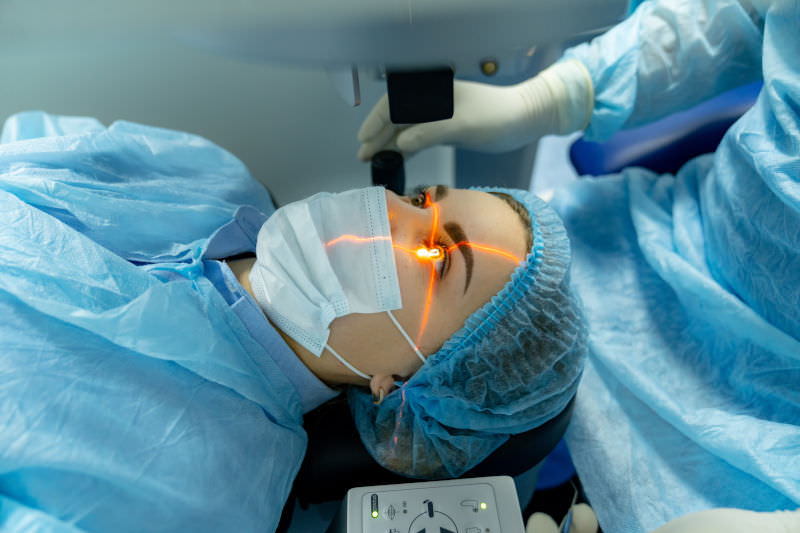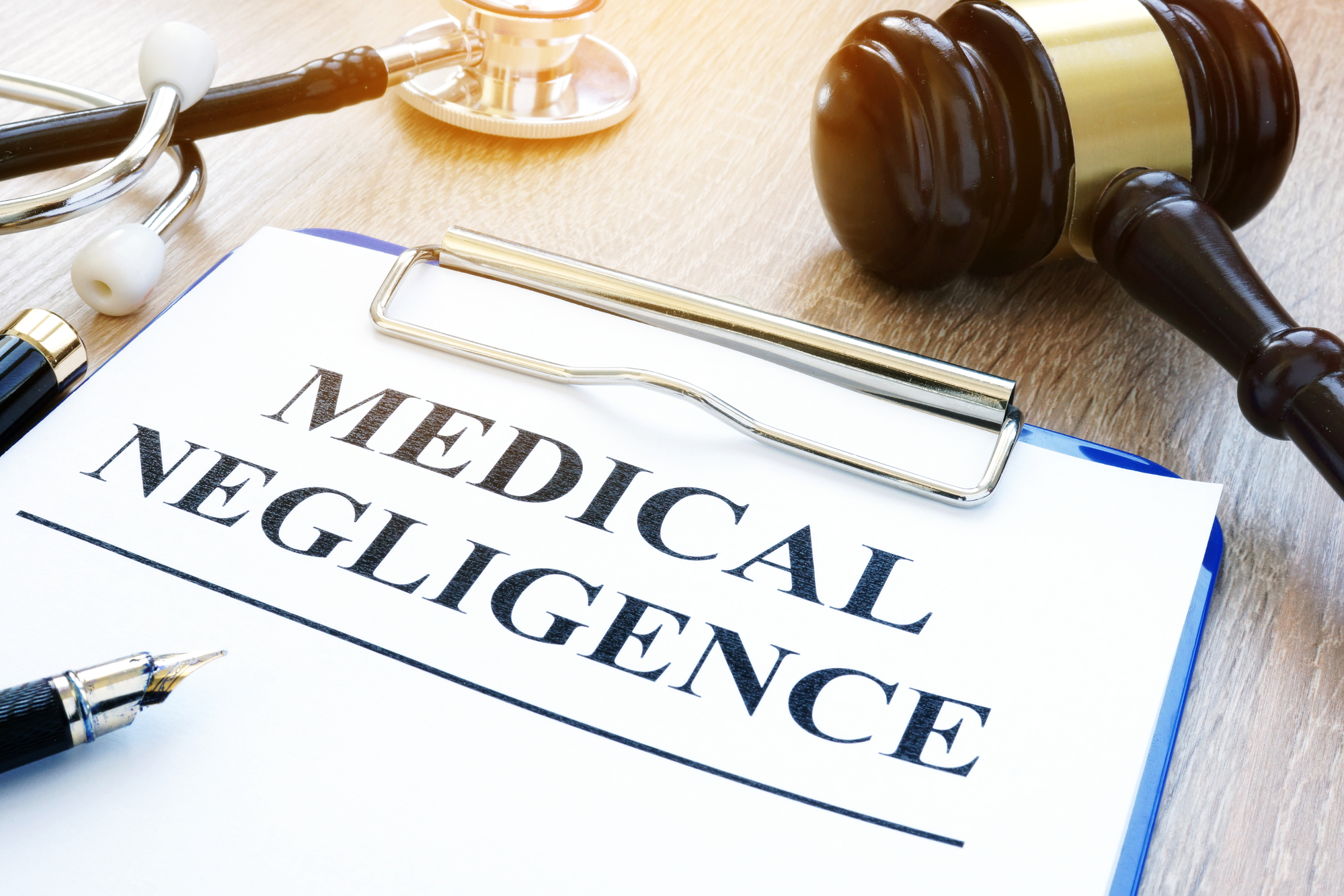Over the last few years, I have had the great pleasure of teaching a few hundred doctors to become medico-legal experts. For those who don’t know, medico-legal experts are doctors who examine personal injury or clinical negligence claimants, then write a formal report for the courts regarding the incident circumstances and the claimant’s injuries. Professionally, it is some of the most rewarding, stimulating work that I have done.
Although medics often get a reputation – sometimes justified – for being difficult, this hasn’t been my experience. Each session, which lasts a full day, I learn something new. I begin each course by telling the doctors – from my heart – that what they do is much more important than what we do as lawyers. I am sure each of you has a story of a medic saving the life of a family member, and I am no different. Lawyers – let’s face it – are often only there to pick up the pieces, not to save lives.
In addition, for the last 9 years, I have run a law firm, managing dozens of lawyers during that time. I feel well-placed to comment on the abilities of medics, as well commenting on the skills of lawyers.
The rival between lawyers and doctors
My view is that the rivalry between these two great professions dates back to high school: in general, those who went onto become medics usually took science subjects; whereas the lawyers opted for the arts and humanities. Perhaps controversially – (cue, criticism from my lawyer brethren), – I would say that the medics were the real academics.
Somewhat pathetically, the rivalry between these two great professions continues throughout their respective careers. The greatest bone of contention – I must level with you, folks- is the hourly rate. A higher hourly rate does not always mean that the lawyer or medic is any better than a cheaper one. Sometimes there is correlation, but not always. The highest hourly rates are usually determined by the sector. Commercial lawyers in London tend to charge ludicrously high hourly rates. Doctors, on the whole, earn far more – and that’s the right way around. As I said above, I have no doubt that doctors do the far more important work. Either way, squabbles/banter about the hourly rates charged by these professionals is really beneath contempt.
How good is a lawyer or a doctor?
Today, I spoke with a client whose case we recently won. This client took the very brave decision to switch solicitors to ourselves. He had been with the other firm for two years and had been represented by – on the face of it – an experienced personal injury lawyer. This client was unfamiliar with law and medicine, but over the two years with this firm, his discomfort with his solicitor had only heightened. The previous solicitor – a very nice man by all accounts, with lovely manners, who always returned calls and replied to emails in a timely way – valued this man’s case at around £15,000.
We settled the case for nearly 5000% more. But the other lawyer was a nice person. It’s all about the skills, not the bedside manner.
Due to my own health, over the years I have seen doctors in a number of specialisms. Most of them have been nice people – (frankly, they wouldn’t go into medicine if they were not). Of these learned medics, I simply cannot tell you whether they were any good or not. I can tell you who had the tidiest desks, the best email responsiveness and I can tell you how they made me feel. What I simply do not know is how good they were at their jobs.
Disappointingly, in the last week, this law firm lost a personal injury trial. For the record, I disagree with the judge’s reasonings. On the face of it, an outsider might reason – with some basis in logic – that we couldn’t done a very good job, otherwise we would have won, right? Although we are from perfect, I know that the job we did was pretty good, despite the defeat. I also know that we’ve received praise from clients when we got a good result, when we were friendly and professional, but we could have done the job better than we did. The outcome was good: therefore, the legal work must have been flawless, right? Wrong.
My advice, when dealing with lawyers, is: ignore, as best you can, the bedside manner; and although the skills of the lawyer will certainly have some bearing on the outcome of your case, this isn’t always true.
The reality is – and this is so in most fields of work, but most true of law and medicine –that the only people who can really judge whether a solicitor or a doctor is any good is a lawyer or a doctor. The professional bodies – the Solicitors Regulation Authority for lawyers and the General Medical Council for doctors – ensures that a minimum of level of quality is maintained. In addition, medical and legal training institutions ensure that these professionals are of sufficient quality and good standing to join these esteemed professions.
Beyond that, perhaps the only guide to a professional’s reputation can be discerned from a body of online reviews, though in many cases, there aren’t enough reviews to form a proper view. Doctors, in particular, have only just started to request reviews. We all know that reviews are usually given by the very happy, or the very unhappy: the nonplussed tend not to leave a review. Reviews are useful, but they don’t tell the full story.
My advice to patients and lawyers’ clients
I wish that I had a silver bullet to solve this conundrum, one pearl of wisdom to help you find the right professional for you, but alas I do not. For patients and solicitor’s clients, my recommendation is that you delve deep into recesses of the internet to do your own research about your particular problem, so that you can spot inaccurate advice if it is given. Your research should include analysis of the professional’s online offerings, remembering that, just because a professional surrenders themselves to scrutiny with their online content, then this might be because their skillset is communication, rather than the far more essential skill of being good at their jobs!
After the research piece, if possible, quiz your respective professionals about their experience and training. I must confess that I have never dared ask a doctor whether they have experience in my various conditions. Perhaps it is easier to ask a lawyer about their experience, than to ask a doctor. I shall overcome this mental blockage and I encourage you to do likewise. Don’t be scared of asking.
The bedside manner
A good bedside manner – i.e. someone who is polite, professionally attired and they do what they say they will do – is important, but it is the least critical of these aspects. For example, when having root canal surgery – oh, the horror! – I would prefer to have a dentist who is scruffy, dislikeable but competent, rather than a slick, incompetent one.
Take it from me, in law and medicine, appearances are often deceptive. I can tell you that the most capable lawyers I know may not always appear the slickest, the fastest to reply. Of course, I would hope that all professionals would have an exemplary bedside manner, in addition to being very capable, but it is rare to have the full package. How many of us are perfect? Exactly – that’s the same in law and medicine.
Taking all information points into consideration, my advice is that you should then use your gut (how unscientific!) to make a decision as to whether to switch solicitors or switch doctors. Far from an exact science, in the absence of a genuine multi-factor league table of doctor or lawyer competency, your instinct is all that there is, informed by all your research.
Happy switching, or staying!
Further Reading
From one of the UK’s most read legal blogs.










